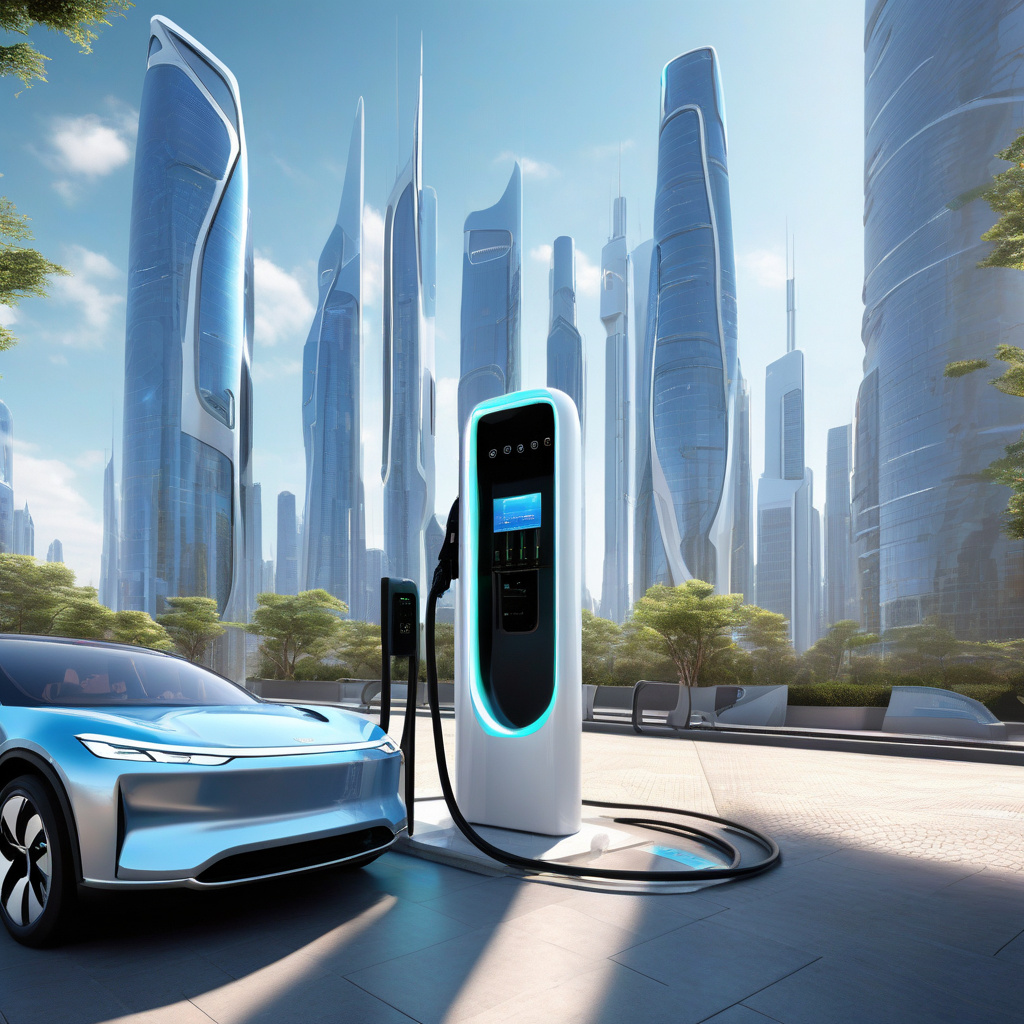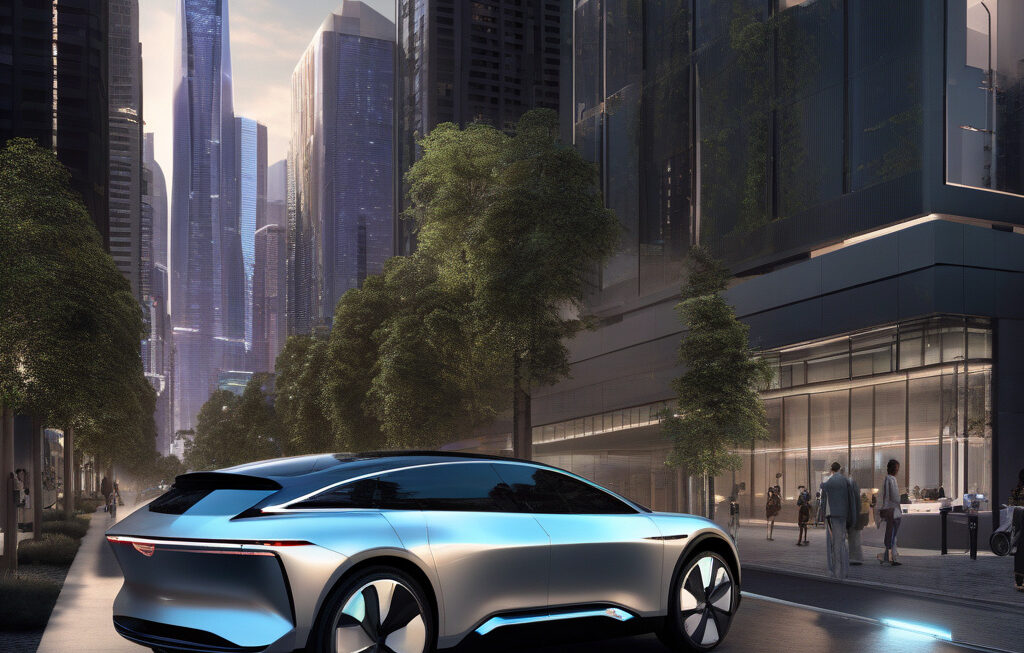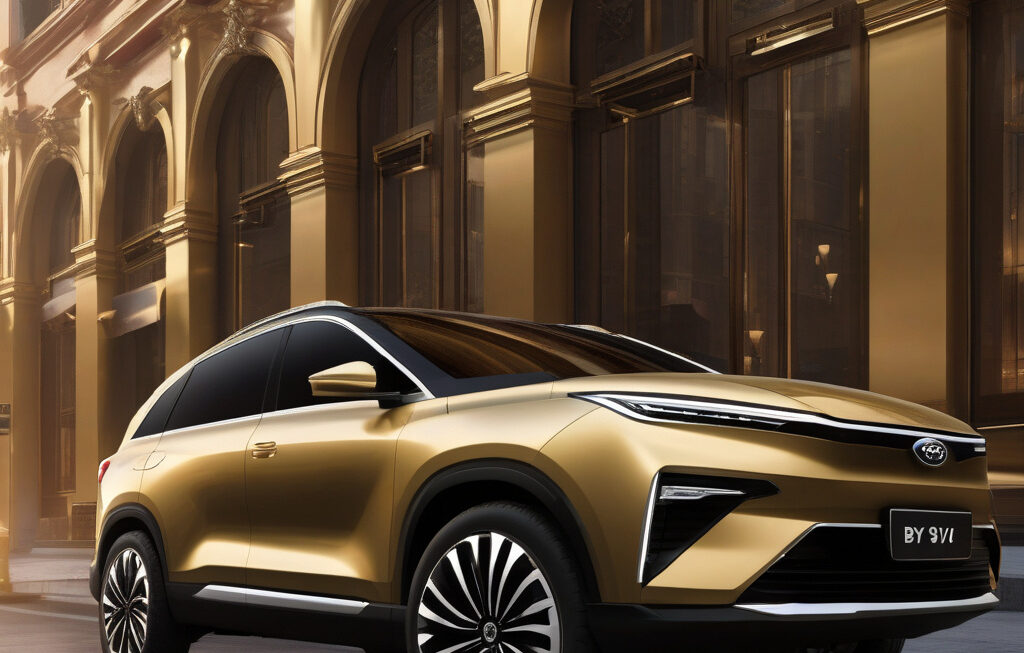China’s Breakthrough in Lithium Battery Technology: The Potential to Revolutionize Electric Vehicles
Chinese researchers from Tianjin University’s school of materials science have reportedly developed a new lithium battery that could significantly impact the electric vehicle (EV) industry. This groundbreaking battery boasts an impressive energy density of 600Wh/kg, potentially doubling the energy density of current lithium batteries. If successfully implemented, this innovation could revolutionize the EV market by significantly boosting the range of electric vehicles and addressing one of the key challenges facing the widespread adoption of EVs – limited driving range.
The advancement in lithium battery technology is crucial as the automotive industry shifts towards electrification to reduce carbon emissions and combat climate change. One of the major barriers to mass EV adoption has been the limited range offered by existing battery technologies. With the development of the new 600Wh/kg lithium battery, Chinese researchers are paving the way for EVs to travel longer distances on a single charge, making them more practical and appealing to consumers.
In addition to enhancing the driving range of electric vehicles, the higher energy density of the new lithium battery could have far-reaching implications for other industries as well. Energy storage systems for renewable energy sources, such as solar and wind power, could benefit from the increased energy density, leading to more efficient and cost-effective energy solutions. The ability to store more energy in a smaller and lighter battery could also revolutionize the design of portable electronic devices, making them more convenient for everyday use.
The development of the 600Wh/kg lithium battery underscores China’s commitment to innovation and leadership in the field of clean energy technologies. As the world’s largest market for electric vehicles, China has been investing heavily in research and development to stay ahead in the global race towards sustainable transportation. By achieving such a significant milestone in lithium battery technology, Chinese researchers are not only driving the advancement of EV technology but also positioning China as a key player in shaping the future of clean energy.
While the new lithium battery shows great promise, it is essential to consider the practical challenges of scaling up production and ensuring the safety and reliability of the technology. The transition from laboratory-scale prototypes to mass-produced batteries that meet industry standards will require further research, testing, and collaboration with battery manufacturers and automotive companies.
In conclusion, China’s breakthrough in lithium battery technology with the development of a 600Wh/kg battery has the potential to double energy density and boost the range of electric vehicles. This innovation not only addresses the critical issue of limited driving range in EVs but also opens up opportunities for advancements in renewable energy storage and portable electronics. As China continues to lead the way in clean energy innovation, the future looks promising for a more sustainable transportation landscape powered by high-performance lithium batteries.
electric vehicles, lithium battery, energy density, innovation, sustainable transportation












